Road To The Well is now available on iTunes & Amazon
In many ways this story begins last September, at the San Diego International Film Festival where the rag tag bunch of renegades that are the Road To The Well crew, scrambled through the streets of San Diego from our screenings of obscure indie dramas to the Oscar hopefuls in Lion, and a special preview of Hidden Figures. It was a handful of studio backed mega dramas versus the new wave of young penniless independent filmmakers trying to complete against the majors with empty pockets, David & Goliath. As one critic has since called it the 'art house answer to all the brain dead big budget crap films that Hollywood kick out at us' 9/10 (Wicked Channel). SDIFF felt the presence of these troublesome indie darlings and their rebellious ways. But I don't think there was any doubt amongst the cast and crew that though we pulled something special out against all the odds, a lot more could be done with a bigger budget on the next one or ones, as there are a few projects floating around now.
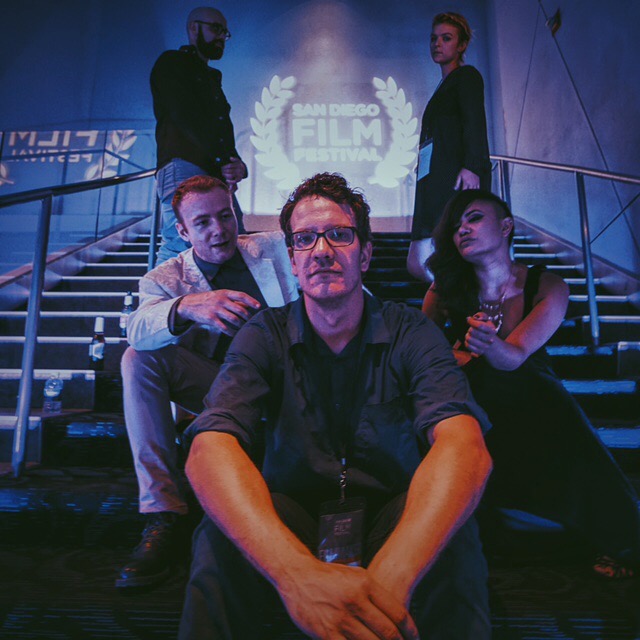
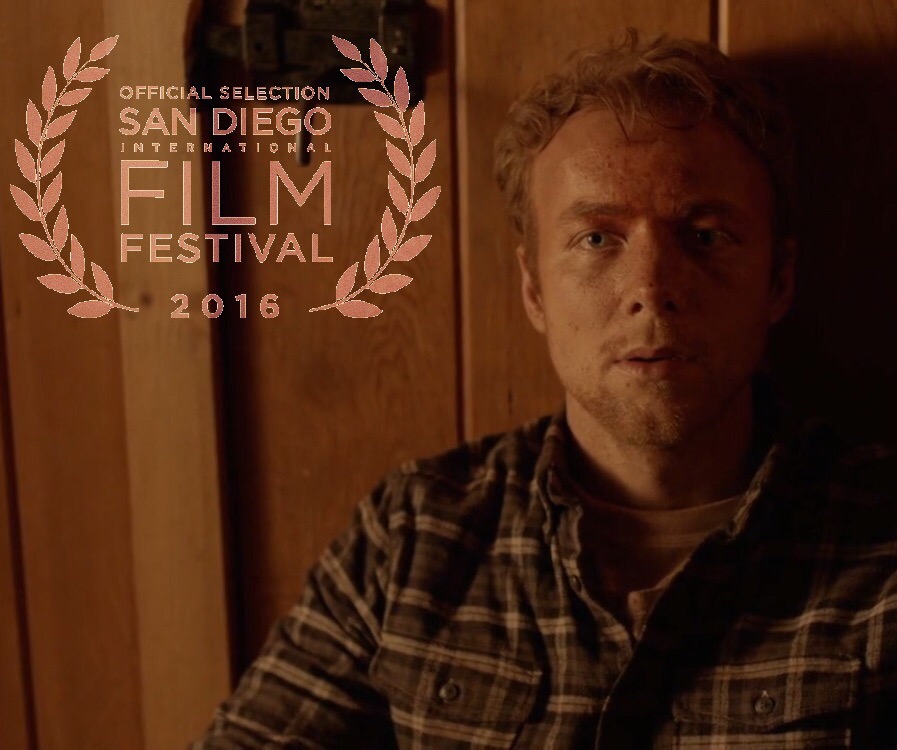
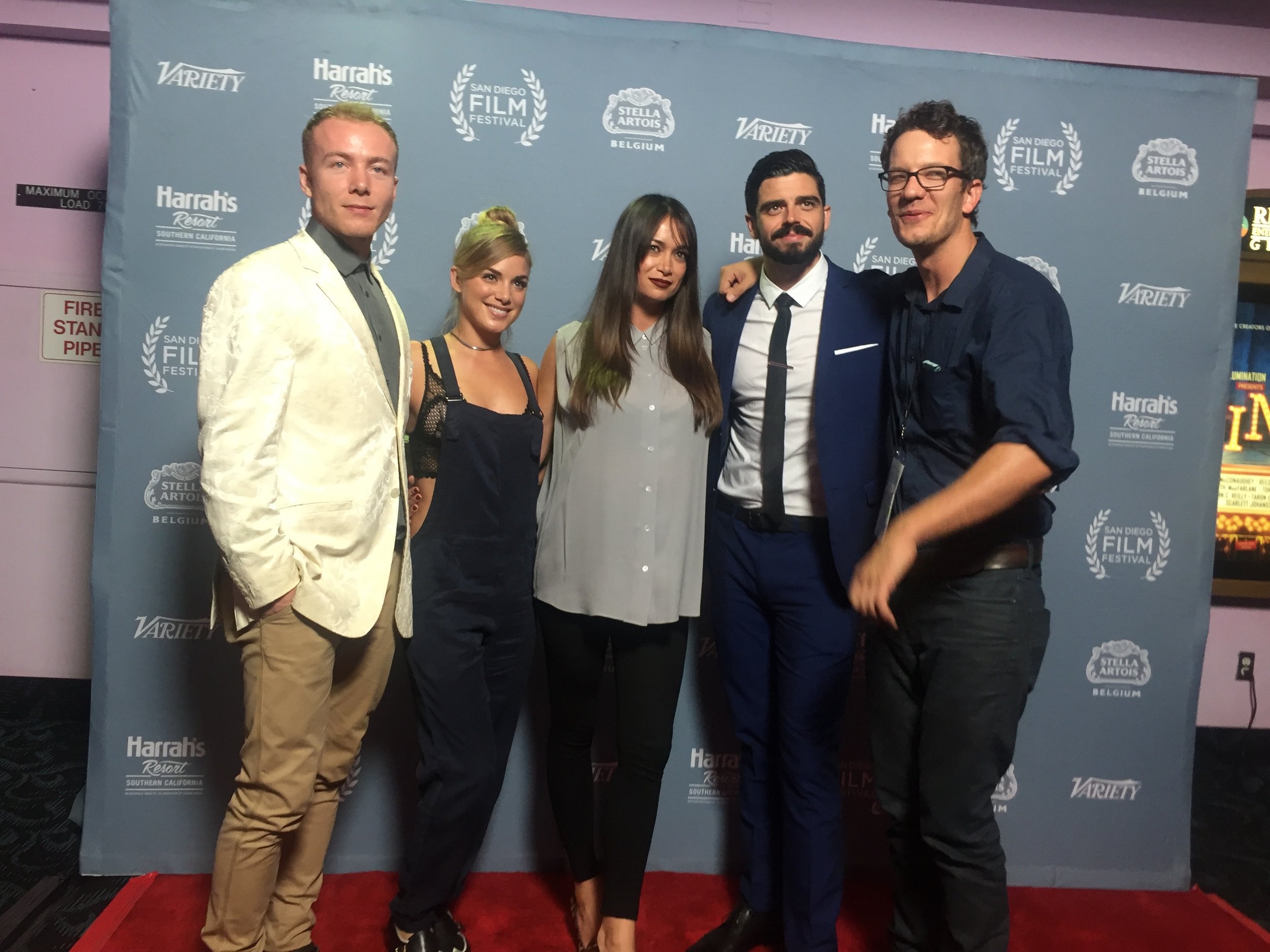
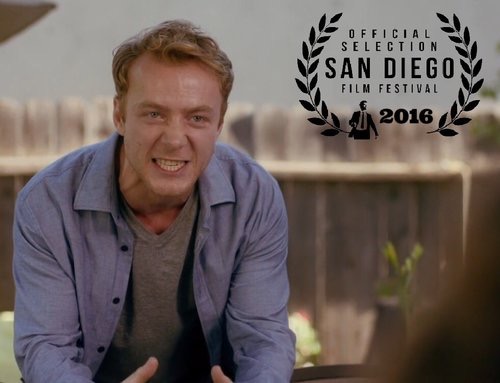
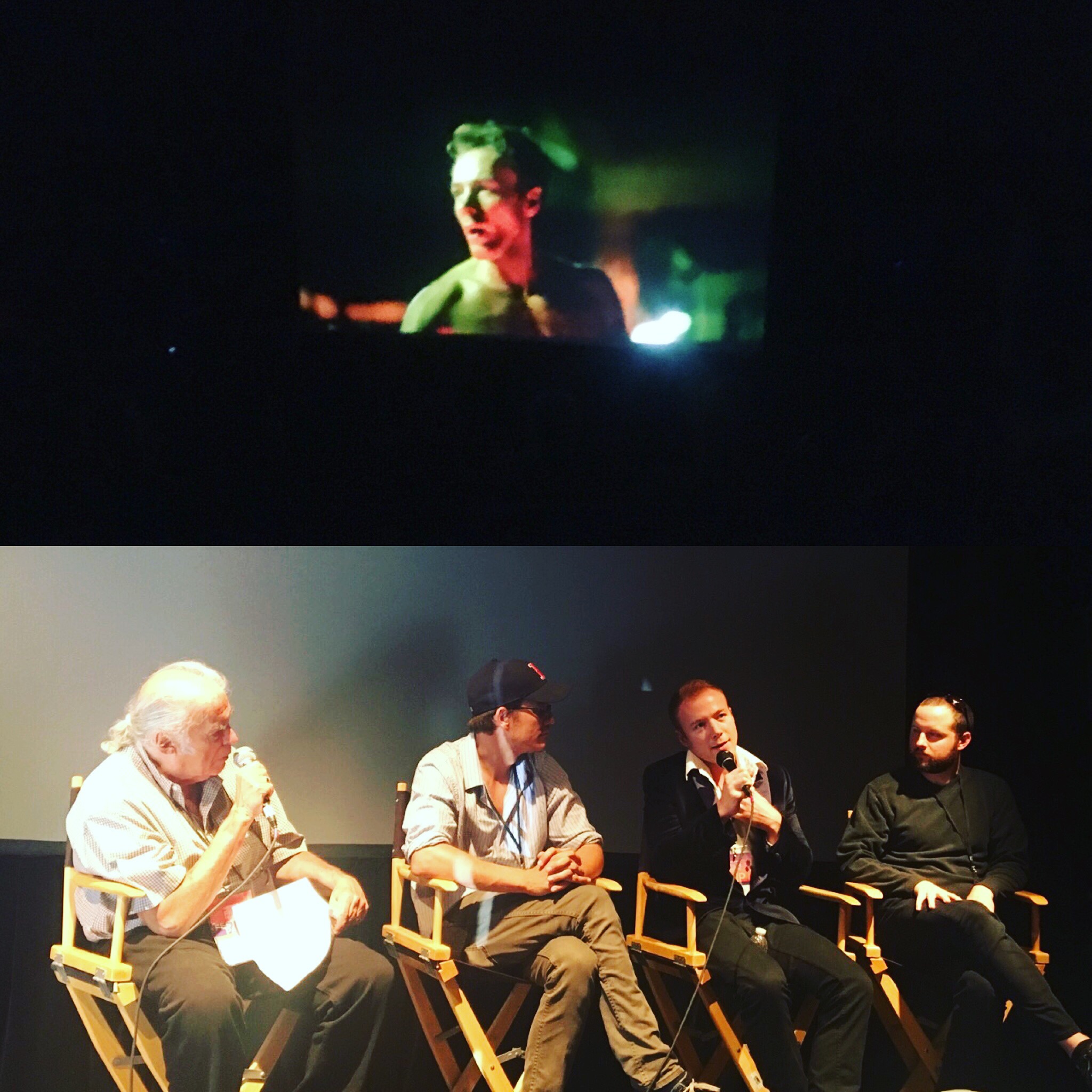
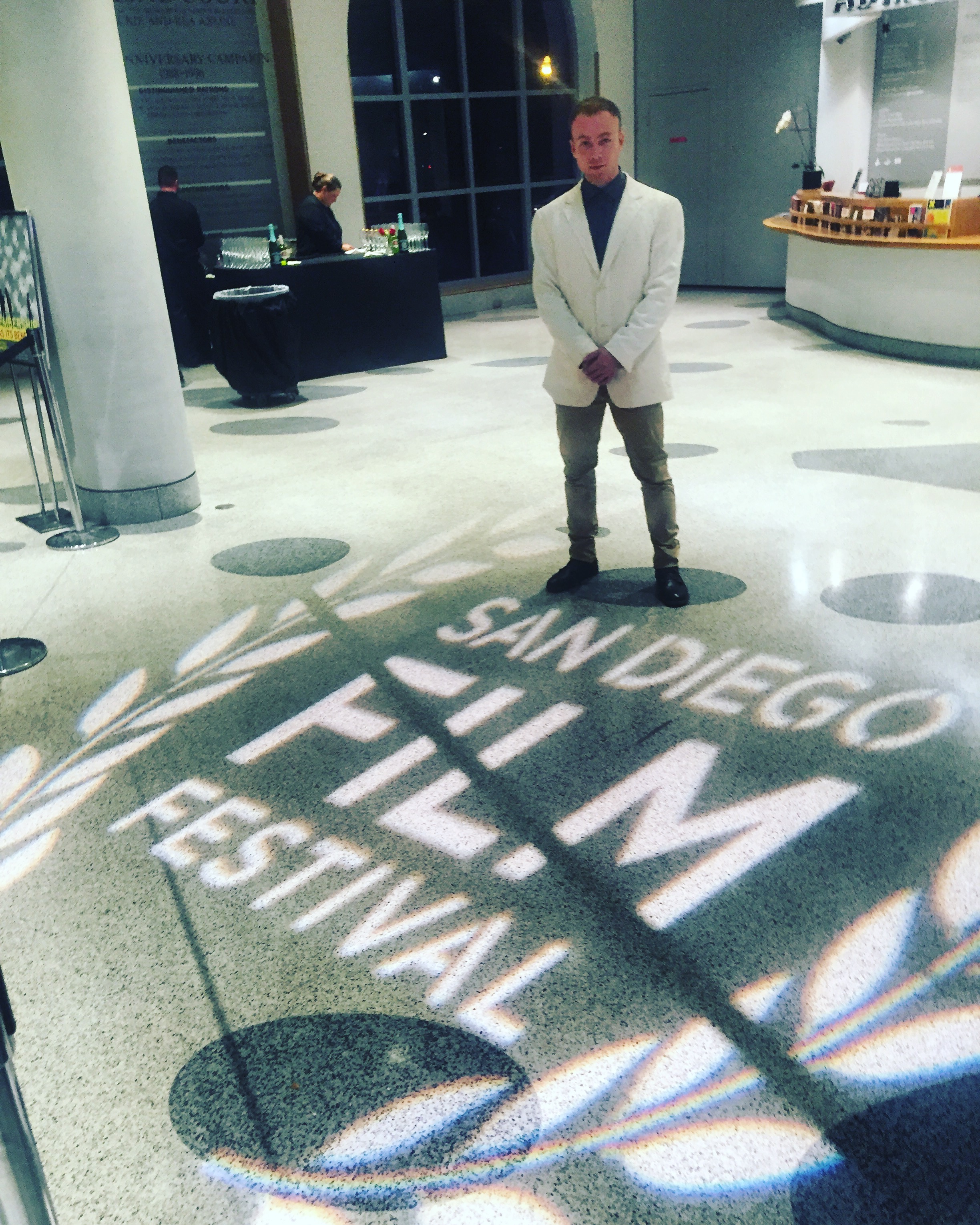
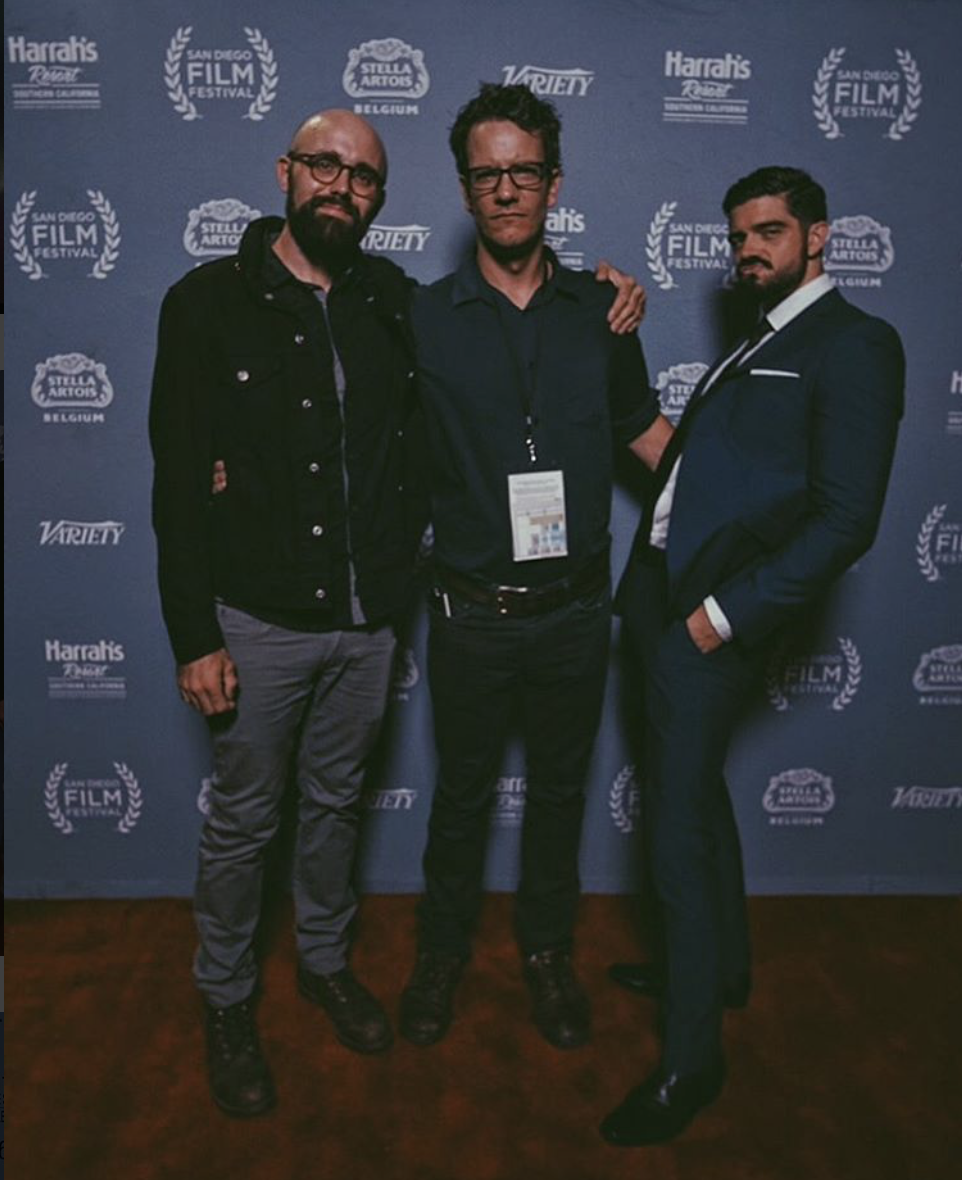

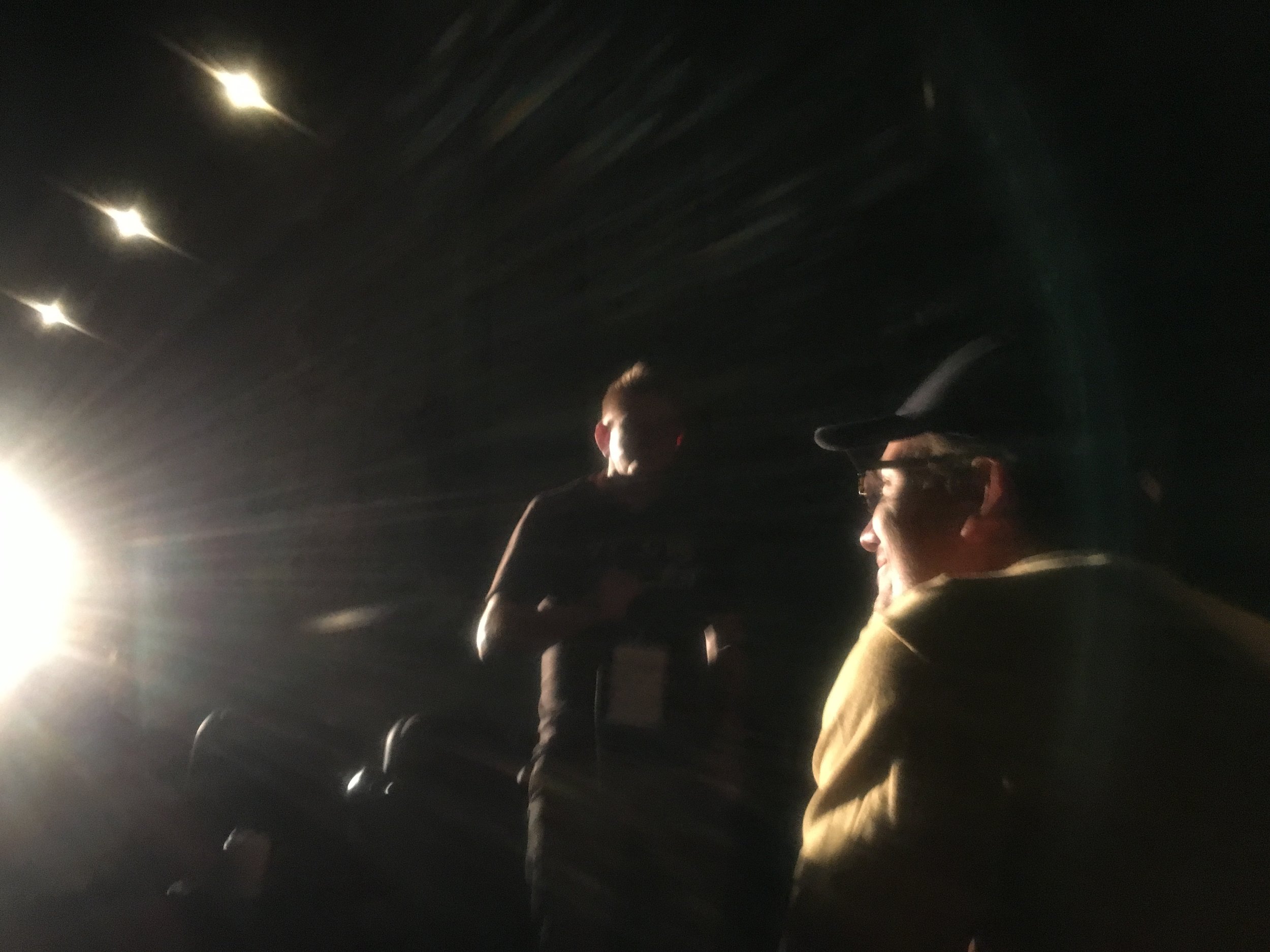
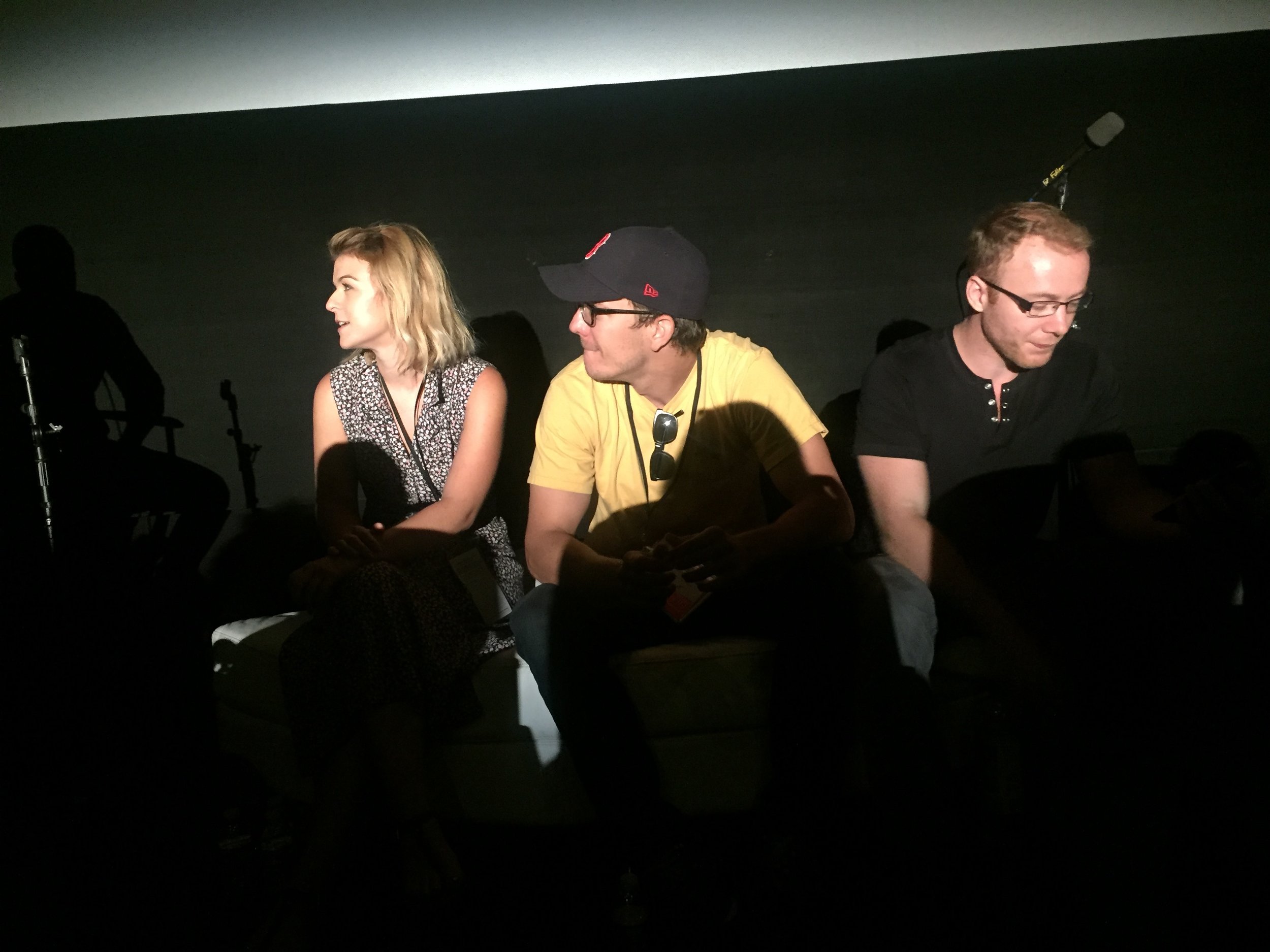
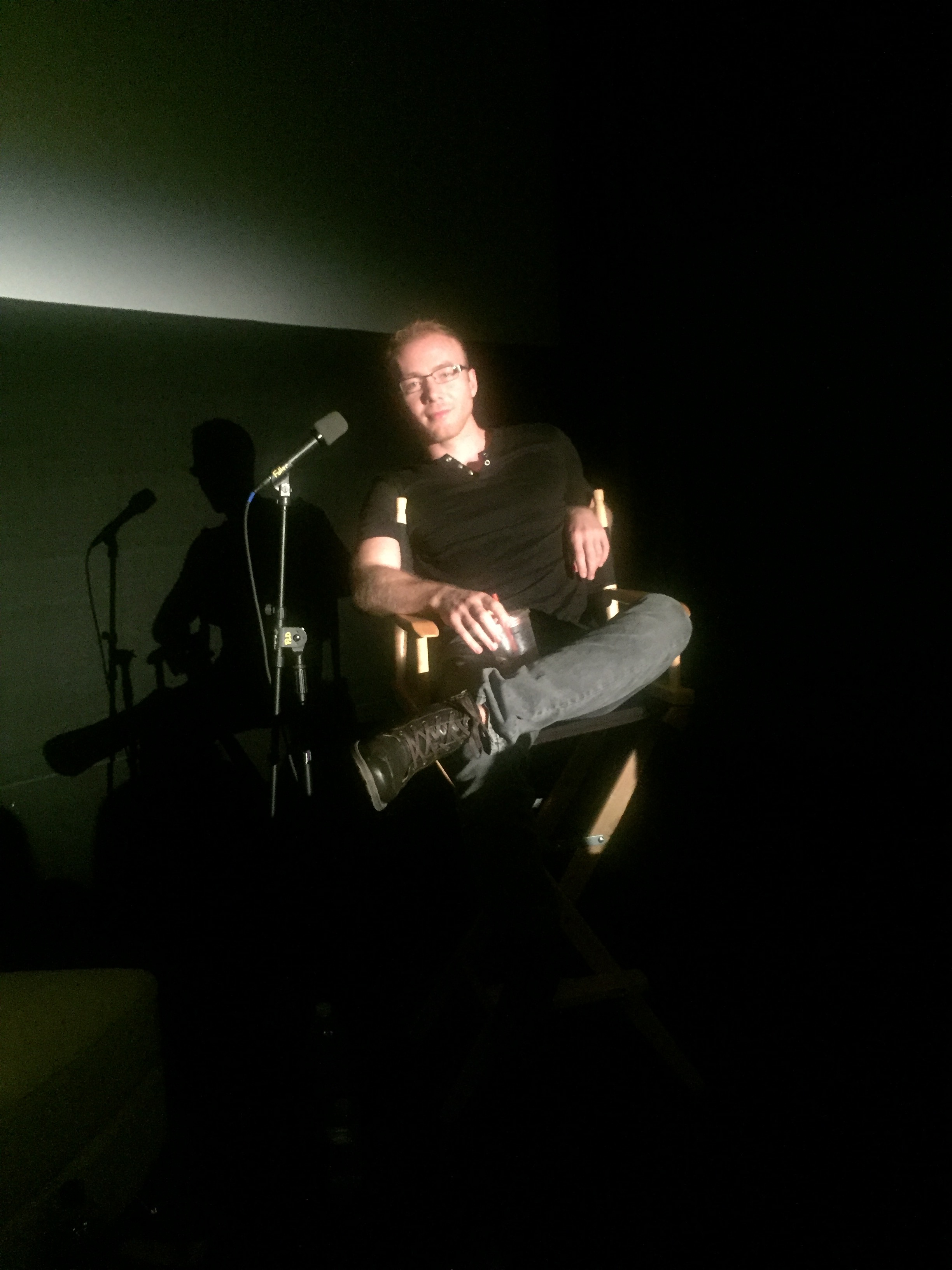


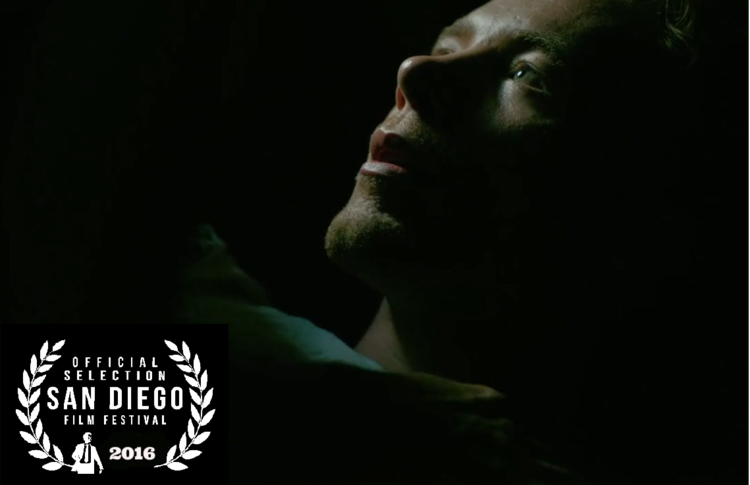
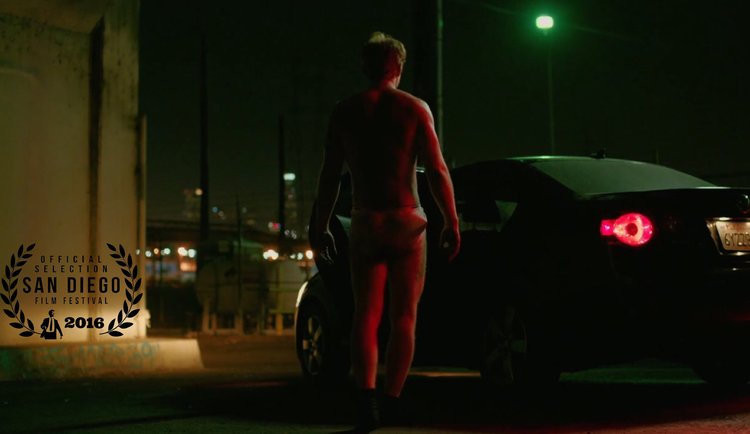
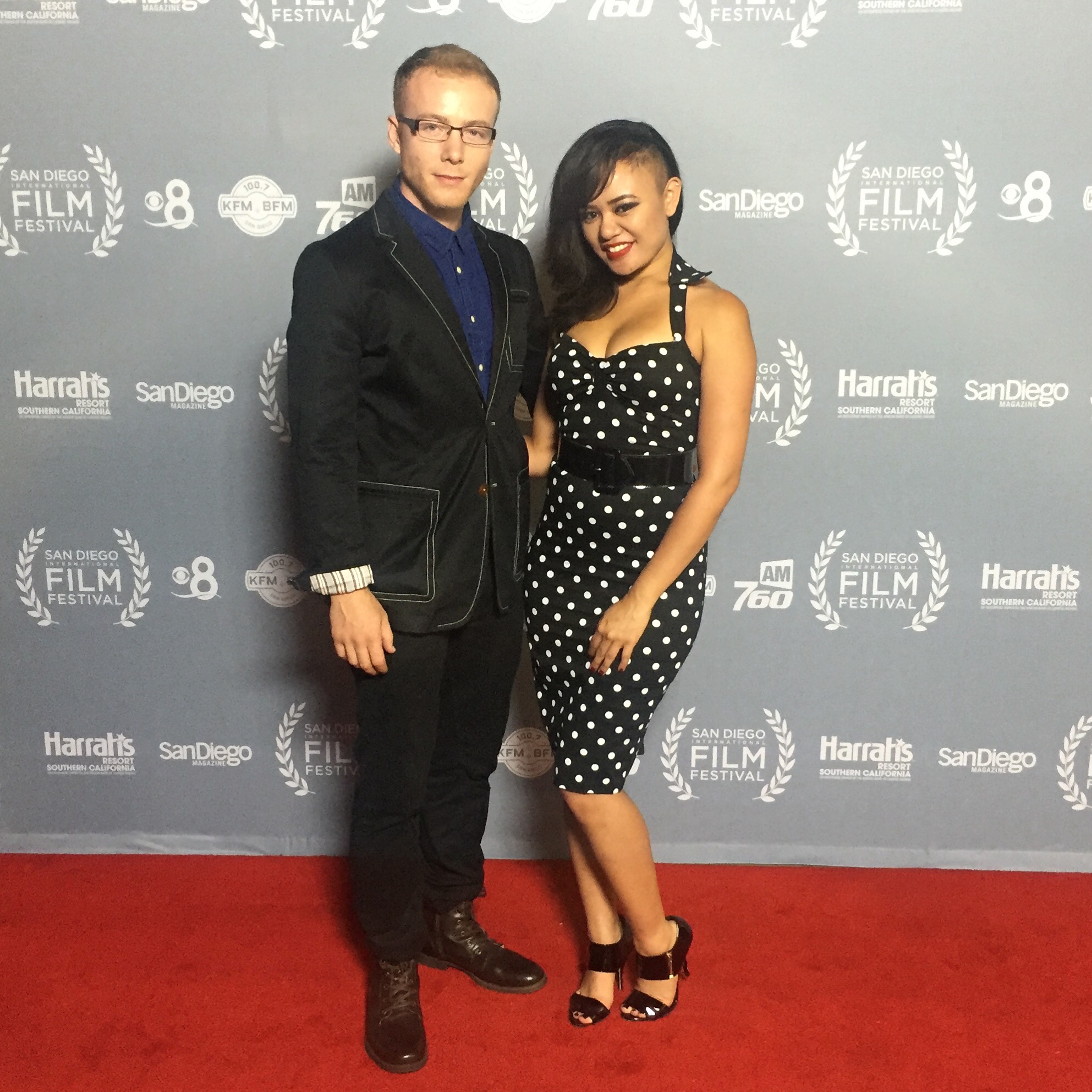
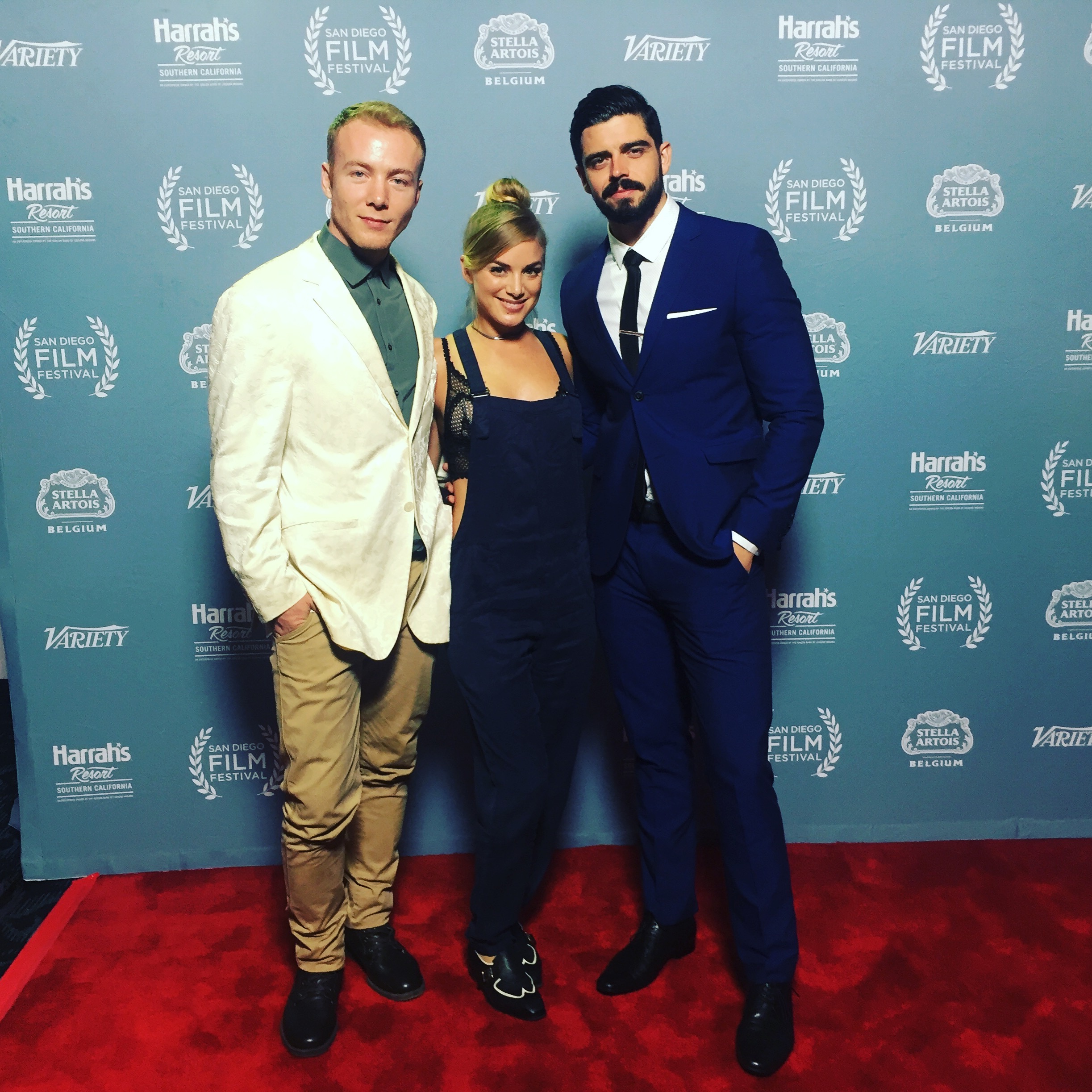
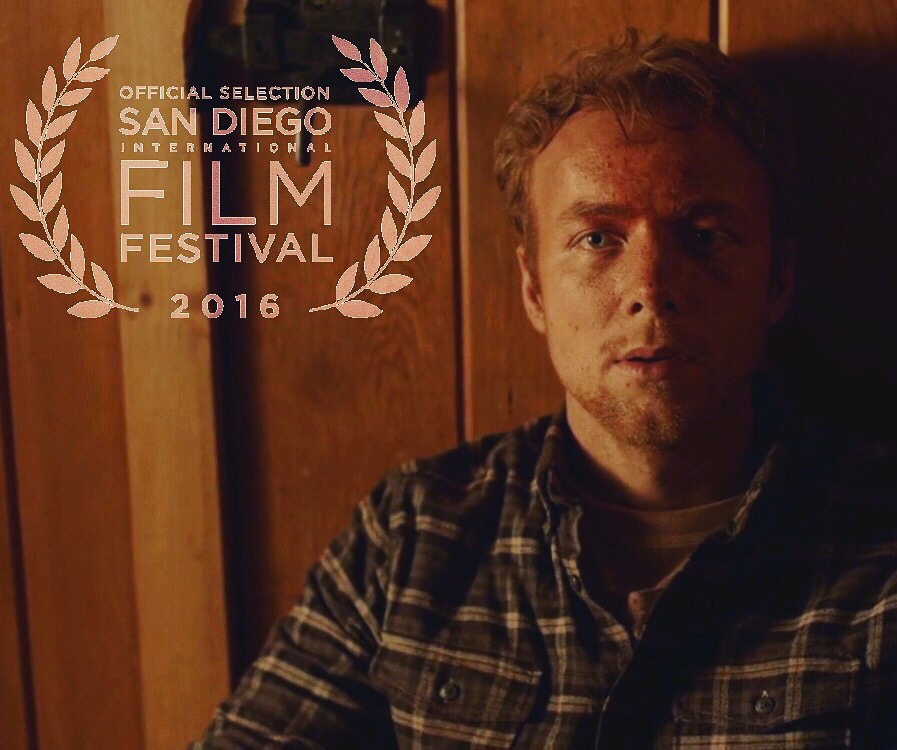
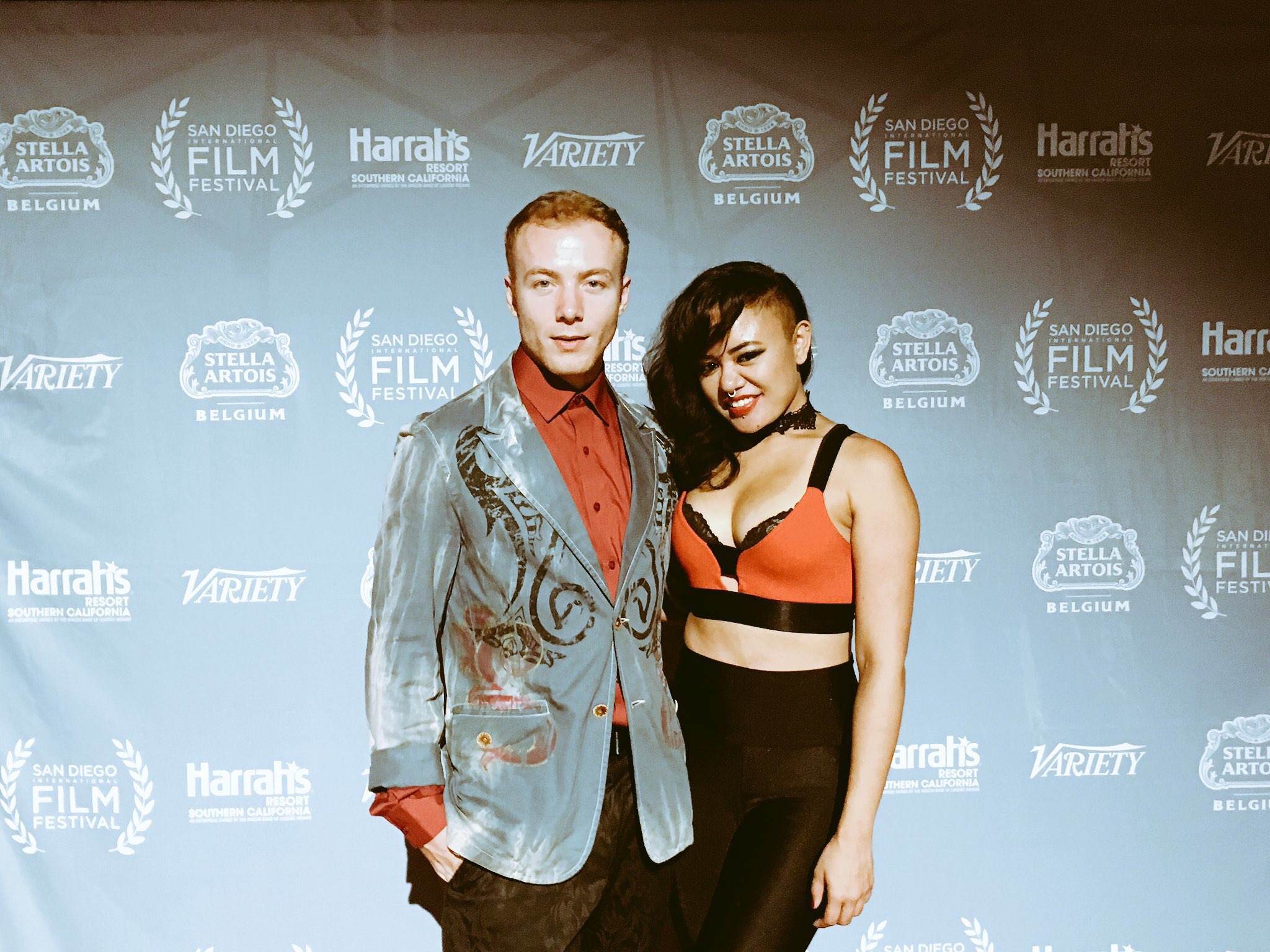
Captivating and weird and a masterful bit of self-contained storytelling. It works, and works well, again blending elements of the Coen Brothers with a Lynchian sense of off kilter madness." - Monkeys Fighting Robots ****
Road To The Well is now available on iTunes & Amazon
Some interesting questions at the Q&As though I always seem to inevitably feel a sense of dissatisfaction at the way these conversations go, it seems on occasion we touch on a kernel of what I believe to be the truth and then quickly skirt off it, as if coming to close to the sun will melt our wings and we'll drown in the ocean of feeling. People love comparing Micah and me, two 'thorough breads' as Marshall termed us, could be their primal instincts are trying to figure out who would win in a fight, could be their cultivated selves are wondering who will make that jump from little indie gems to studio backed dramas first, either way the differences in our backgrounds and approach to life make for a good spectacle.
Road To The Well is now available on iTunes & Amazon
Micah at one point mentioned Tom Hardy, I too admire this actor a great deal, from his roots in Classical Theatre and the British Method Acting institution that is Drama Centre to what was a rumbling feeling that burgeoned in London when I was there surrounding his name and reputation before the release of Bronson, I remember loudly declaring to a room full of actor friends that one day 'Tom Hardy will win an Oscar' they all just kind of furrowed their brows at me. A rise like his, is not something you can possibly try to replicate, he is so thoroughly himself, which is what makes him a great actor. I believe this to be true of the greats and though they are there to be studied for inspiration, the 'truth' of one's own personal struggle can only ever be the catalyst for a rise.
There was someone I trained with at Drama School who was one of the few actors I've met, that I can truly say was whole-heartedly himself, his name was Barnaby Kellet, I was soon to see his face in the rooms where I left him at Bristol Old Vic Theatre School when I returned.
I was convinced Trespass Against Us would make a run of it, I suppose it was before I saw Moonlight, though I'm still confused as to why it didn't go further during awards season, other than the potential cultural barrier as the characters are from rural England. Fassbender and Gleeson pull out some of the best work I've ever seen of them and the father son conflict that rumbles a violent intensity throughout is quelled with a deep love and affection, within what has been established as a non-conformist tribe of outsiders that the father created.
I later saw Moonlight at Twin Cities Film Festival and knew then as it dug deep into my memory banks and moments of struggle that I knew it was something special beyond being a film, very much of its time, but a universal human story. Immediately after watching the film dug up within me a very definite cross roads I reached in my teens, where things could have gone very differently, but when I found acting it gave me a purpose in life which nothing has been able to shake, and I don't imagine anything will.
I think not just of the nature of time, but the adaptability of life in this world, Moonlight reached into the heart of how I feel about Method Acting, and what my more hard line points on the craft are. That we are dramatically, by the experiences, thoughts and feelings we have in very tangible ways. I see so many walking around and talking as if one moment is disconnected from all the rest, that they will just say one thing now and another thing tomorrow and it won't matter very much, that the linear narrative to ones life is just an unknowable flood. I agree more with the oriental way of seeing this, or somewhere in between the Tao and the West, that consciousness is like a stream, it flows in a direction and constantly adapts to the rocks and leaves it picks up along the way. Consciousness oscillates between life itself and the inner world of our own subjectivity to form what we become, and that becoming is never at a fixed point. Once we decide to admit this to ourselves the world becomes a very different place.
Though in the Tao, to follow it all the way, it denies the individual of an identity, this ought to be of interest to actors, as it allows us to adapt to other people's skin, and if you spend a long time contemplating the Tao it's easy to see how this then flowed halfway into Marxism in China. Though the ancient knowledge of Tao has its place, it must be applied to life with a specific purpose or it can result in such . I heard Tom Ford saying that he reads a line from it each night before he goes to sleep, in an interview about Nocturnal Animals, I would say this is one good use for it, in the middle of creative work it's very helpful too.
In one of the most memorable scenes in the film the lead actors are wading in the Ocean, as Juan played by Mahershala Ali who seems a shoe-in for the Oscar tommorw teaches the young Chiron how to swim.
This remarkable difference between East and West perspectives in further explored in Silence by Martin Scorsese;
"We believe man can become more than himself, if he can overcome his illusions.. You give in to your illusions and call them faith" - Silence
"They are desperate for tangible signs of faith" - Silence
I really liked this film and as the film industry in China opens up to us in the West, its important for us to consider this very essential point of difference in the way we think about life, and in the substance beneath a film like Moonlight where we meet.
Road To The Well is now available on iTunes & Amazon
When we got back to Los Angeles I was contacted by a manager who had heard of my work on the independent film scene. Jane Berliner sat on the antique chair at the Culver City Hotel, a quiet unassuming manner, she'd just got back from her charity work in Africa, the management company that Jane is a part of, Authentic Talent & Literary Management, support a number of charities around the world and encourage both managers and clients to actively get involved, if not in Authentic's then one's of their own journey. She is possibly the only agent or manager I've ever spoken to who talked to me about artistic integrity. She gave me a lot of great advice, and I could see how informed by the wealth of her experiences she was. After 20 years as a senior agent at CAA, working with Viggo Mortensen (up for Best Actor in Captain Fantastic this year), Scot Boland was telling me the story of how Jane helped the Lord Of The Rings team get Viggo on board for one of the lead roles what would become one of the biggest and arguably one of the best film franchises in history. She chose to give that up to explore the more artistic side of developing artists, and at the rebellious home of artistic types such as Brie Larson and the like at Authentic Talent.
Road To The Well is now available on iTunes & Amazon
I spoke to her about the time I met Brian Grazier after coming out of the Stanley Kubrick exhibit at LACMA, walking up the steps at the front entrance as I approached Mattise's mural, a man with vertically orientated hair stop cross armed and engaged with the piece. I told him I thought he was a brilliant producer. He asked me what I thought of the exhibition I said 'it was such a privilege to see Kubrick's research out on display like', he told me it made him rethink his whole perspective on compromise, I remember at the time working with a less experience manager who was with a forceful hand was trying to get me to do parts in less quality network tv projects, Pretty Little Liars and the like, the conflict between us. I asked Brian Grazier how much he thought an artist should compromise he said 'This is something you have to define for yourself, we all have different levels of compromise that's what makes our industry in particular so fascinating, and how we flow together". I decided not to compromise on that crucial point in the end and stopped working with the manager. Not that I think it's impossible to have something of significance on Network Television but that it's incredibly rare, because of the mode of production behind it, funded by corporate advertising, whereas film, cable and streaming platforms are funded by the audience.
Many people say the days of the big dramas are gone, it's all tent pole films or little tiny films now, but I don't agree with that. I was talking to Bill Mechanic (producer of Hacksaw Ridge) recently, I remember him saying he thought this was Mel Gibson's best film so far and I think if it's not it's equal to any of his best, but the everyone is competing that much harder to get into the public consciousness, so standards are that much higher, I don't believe as many have resorted to that the solution is to be sensational. I still believe that real art has the power to rise above
In the months leading up to Christmas I was pulled into a number of very interesting projects which came through as offers, firstly to play a cameo as the young John Williams in The Maestro starring Xander Berkley, then to play Lucy Davis' husband, an actress I've admired since his early days on Ricky Gervais original Office, his latest David Brent: On The Road Again was typically brilliant and heartbreaking, up until the very last moment making you want to kill yourself, then turning it all around with a tear in the eye and celebration of vulnerability. The pilot I did with Lucy is called Kick, and is a directorial debut for actor Scot Adsit's (Veep and 30 Rock).
Road To The Well is now available on iTunes & Amazon
Then came another leading role in a film came my way which seemed somehow inevitable. Paul T. Murray an actor who I'd worked with Road To The Well in the "redneck scene"
"The lead stars were magnificent. The other minor actors were adequate to mildly over the top annoying except for one brilliant exception. You had what amounted to a Redneck, homophobic and almost chilling tour-de-force (on the Redneck scale) from Paul T. Murray as Bill. His cameo appearance looked like it was straight out of a Trump campaign rally." - Ruthless Reviews
Paul first told me about the script at the after party for Road To The Well premier at Dances With Films. I was interested to hear about it, but as anyone who's been in the industry for a while know anything can happen with a guy with a script, could take ten years, or in the rare case, as this one happened to be, could take a few months. It was not long after until Paul contacted me saying, ' hey you remember that script I was telling you about' we're shooting in a few weeks, the lead role of an Irish painter, I want you on board. There's a lot I have to say about this film and what ensued that month with Pain It Red, watch this space over the next few months.
Watch Road To The Well now available on iTunes, Amazon et al via distributor Candy Factory Films











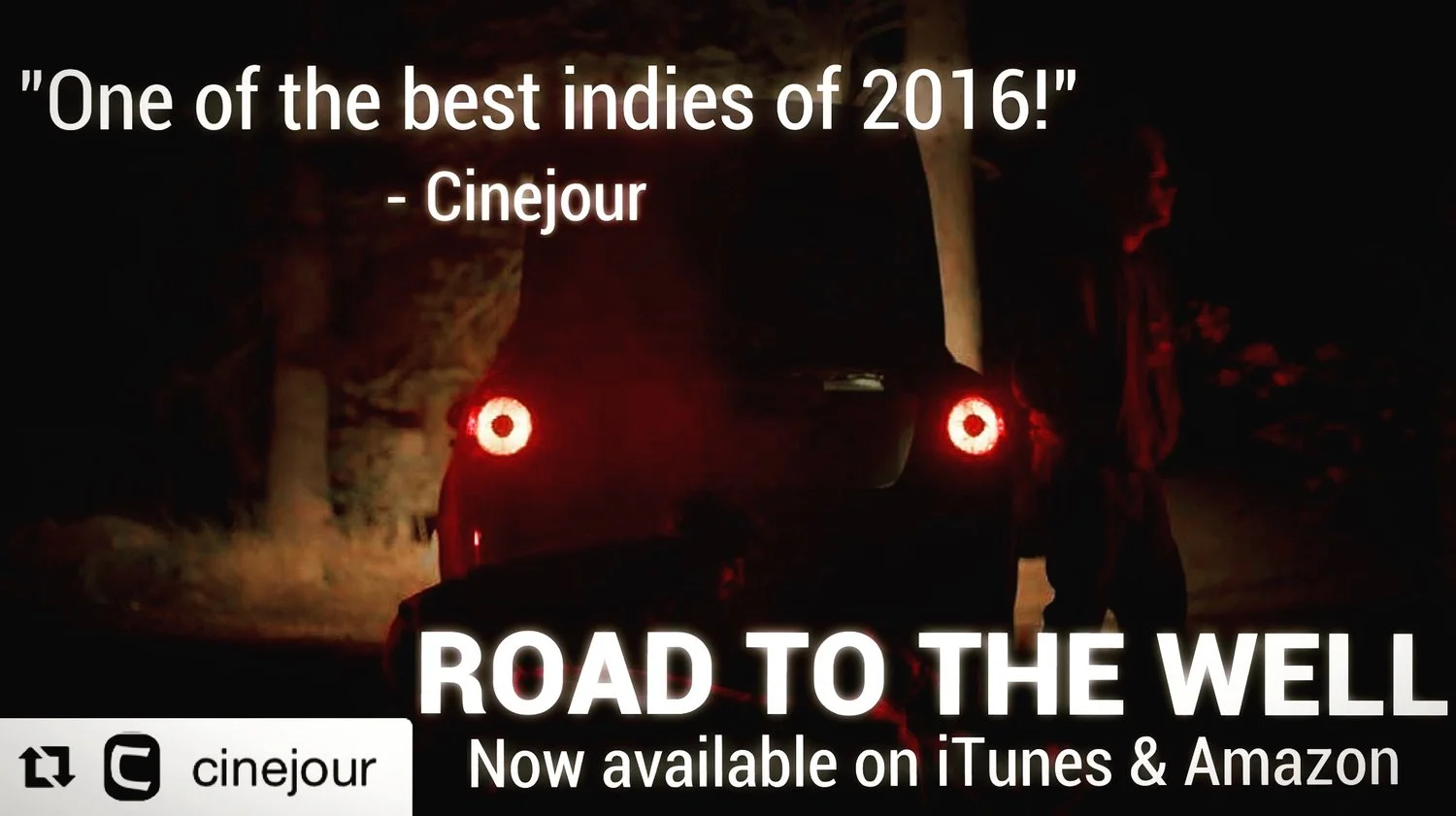
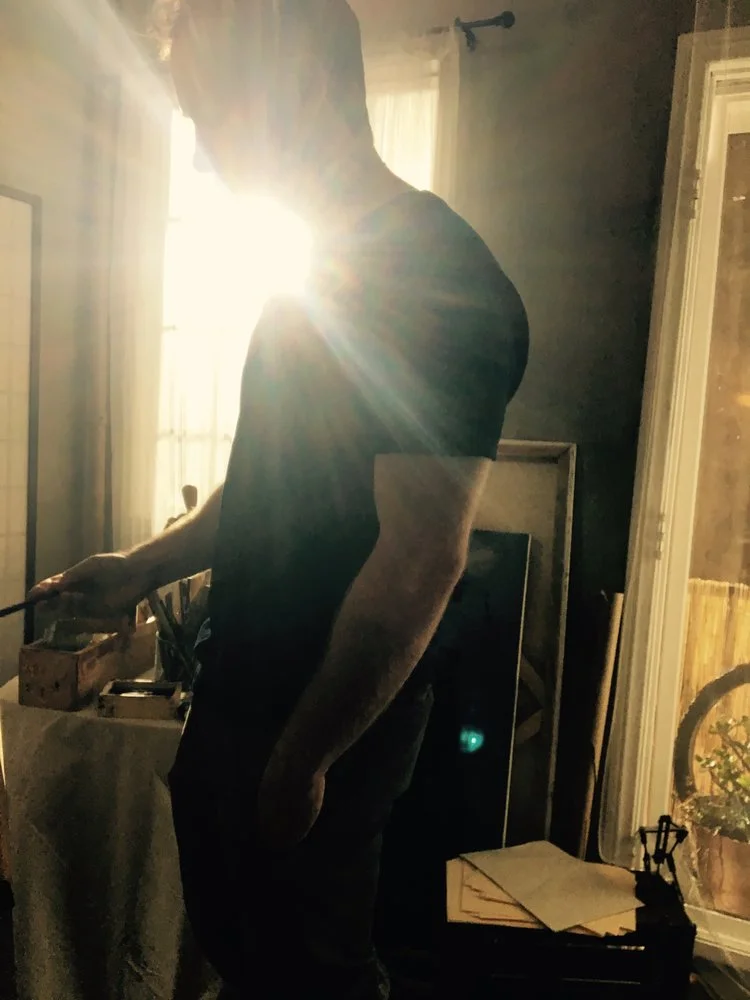
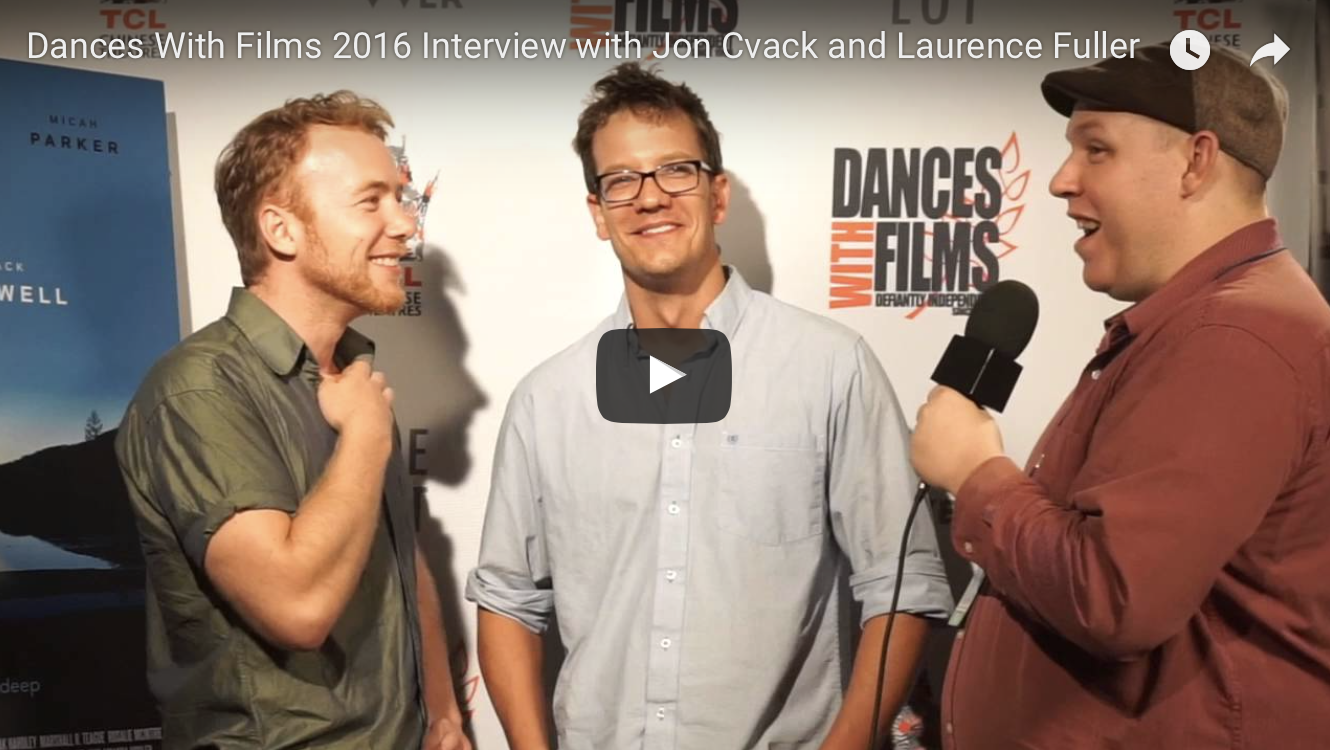



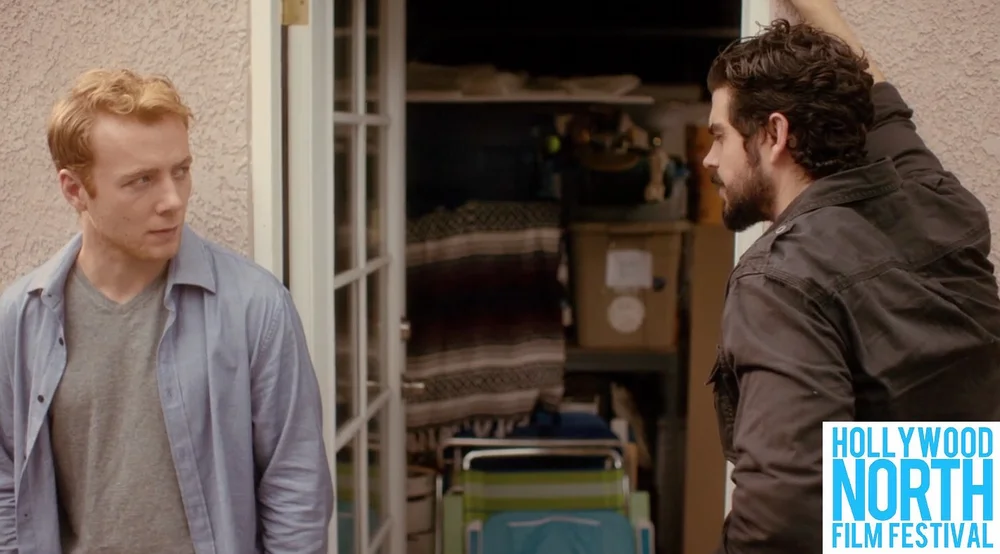
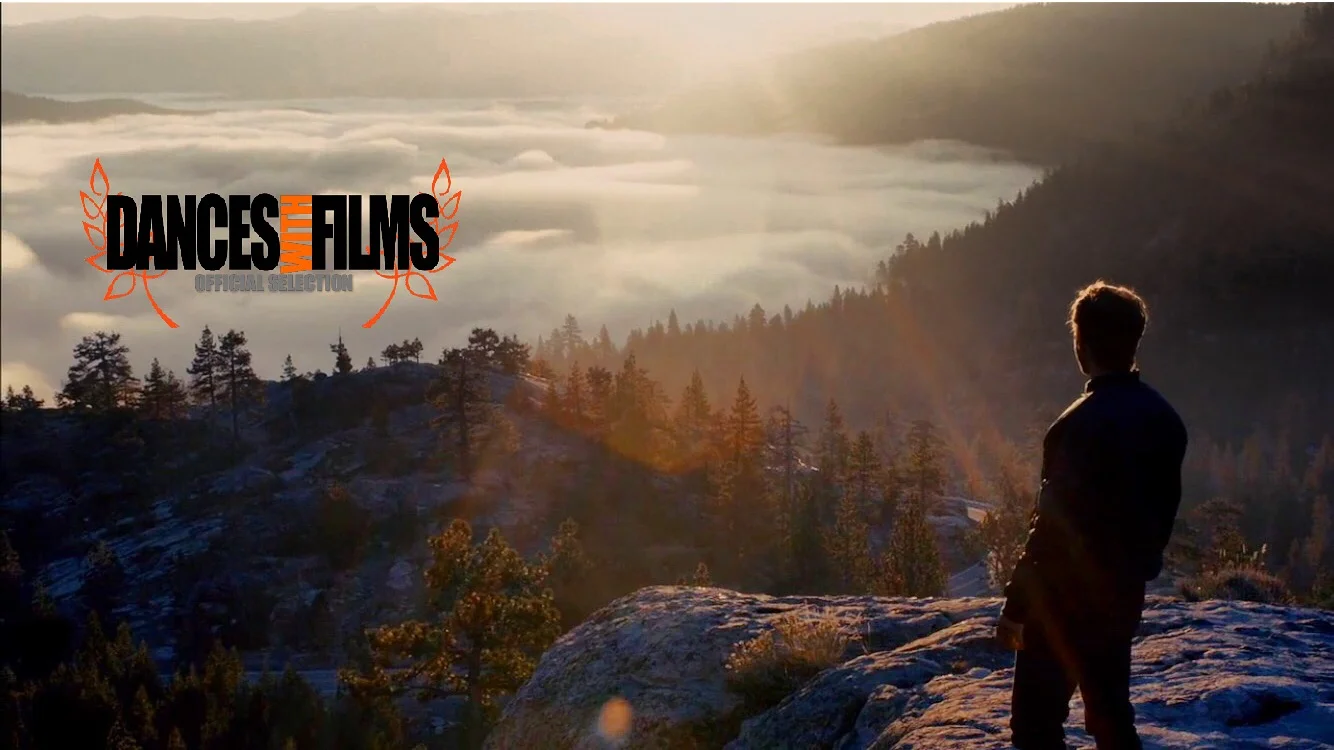
The search for beauty is so often underpinned by a rugged brutality, stringent, uncompromising quest to prevail, exclusivity, a climb, a struggle, a ruthless clawing at the flimsy veins of the existence which pretend and shelter. One begins to claw, because of a feeling of not knowing, or of knowledge that there must be more.